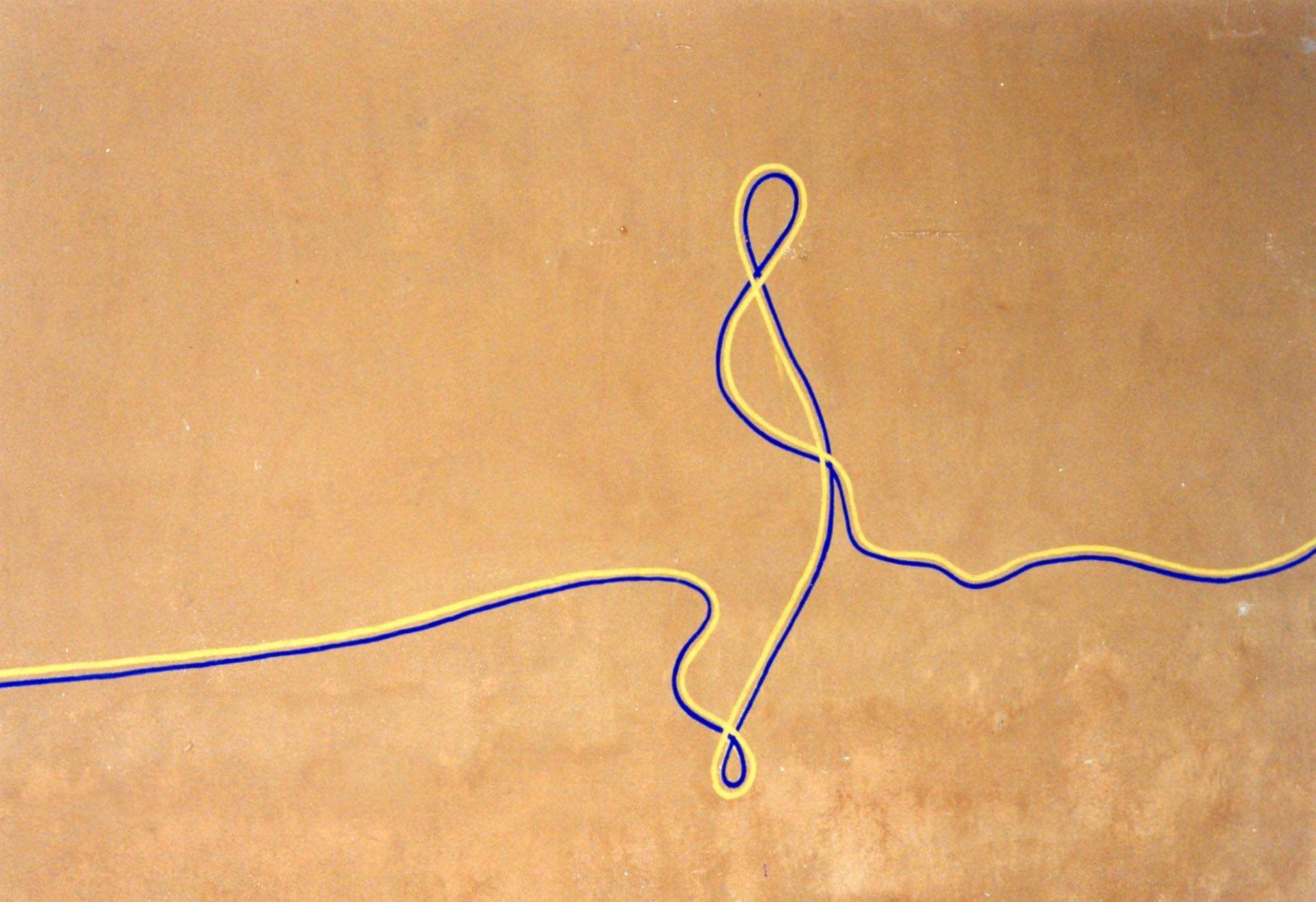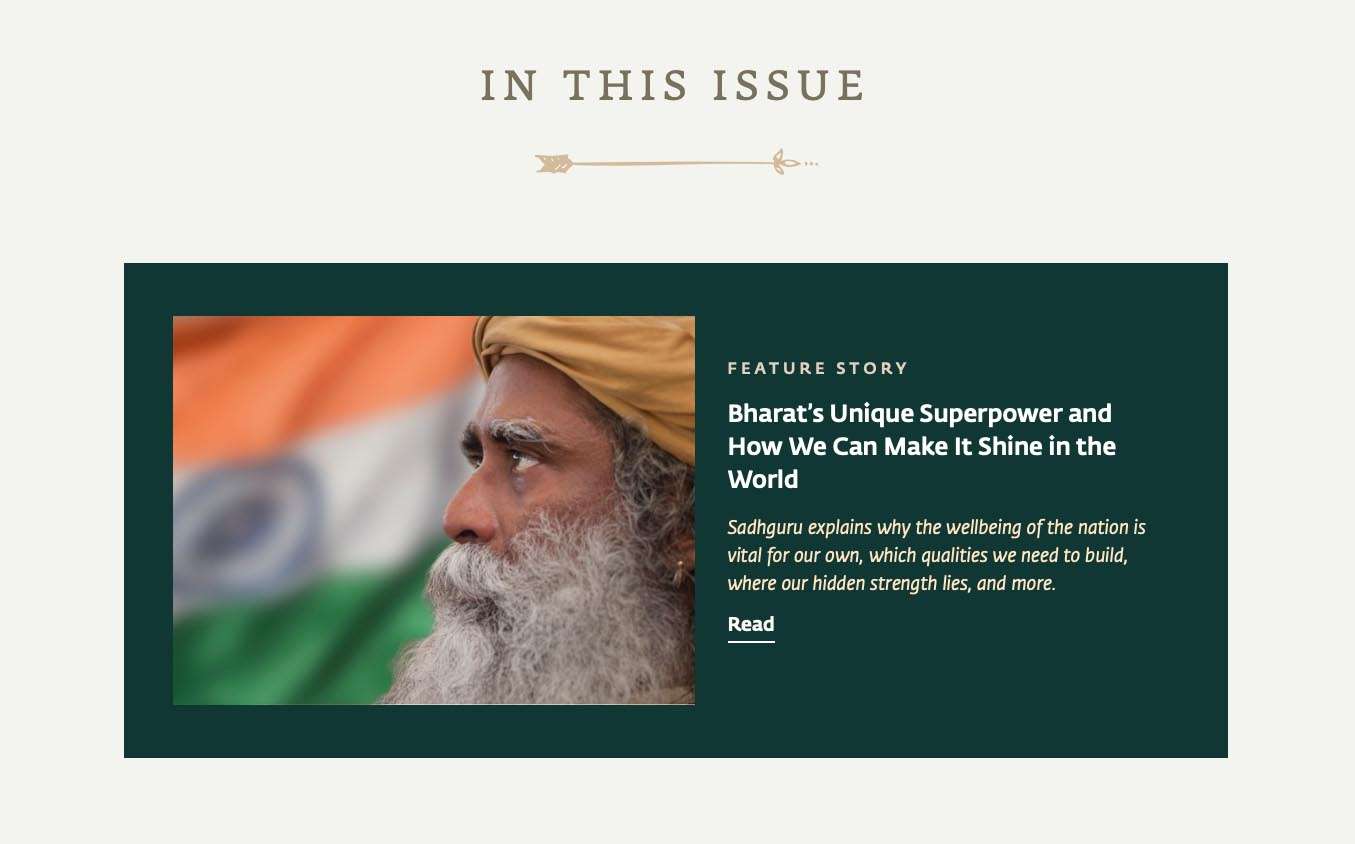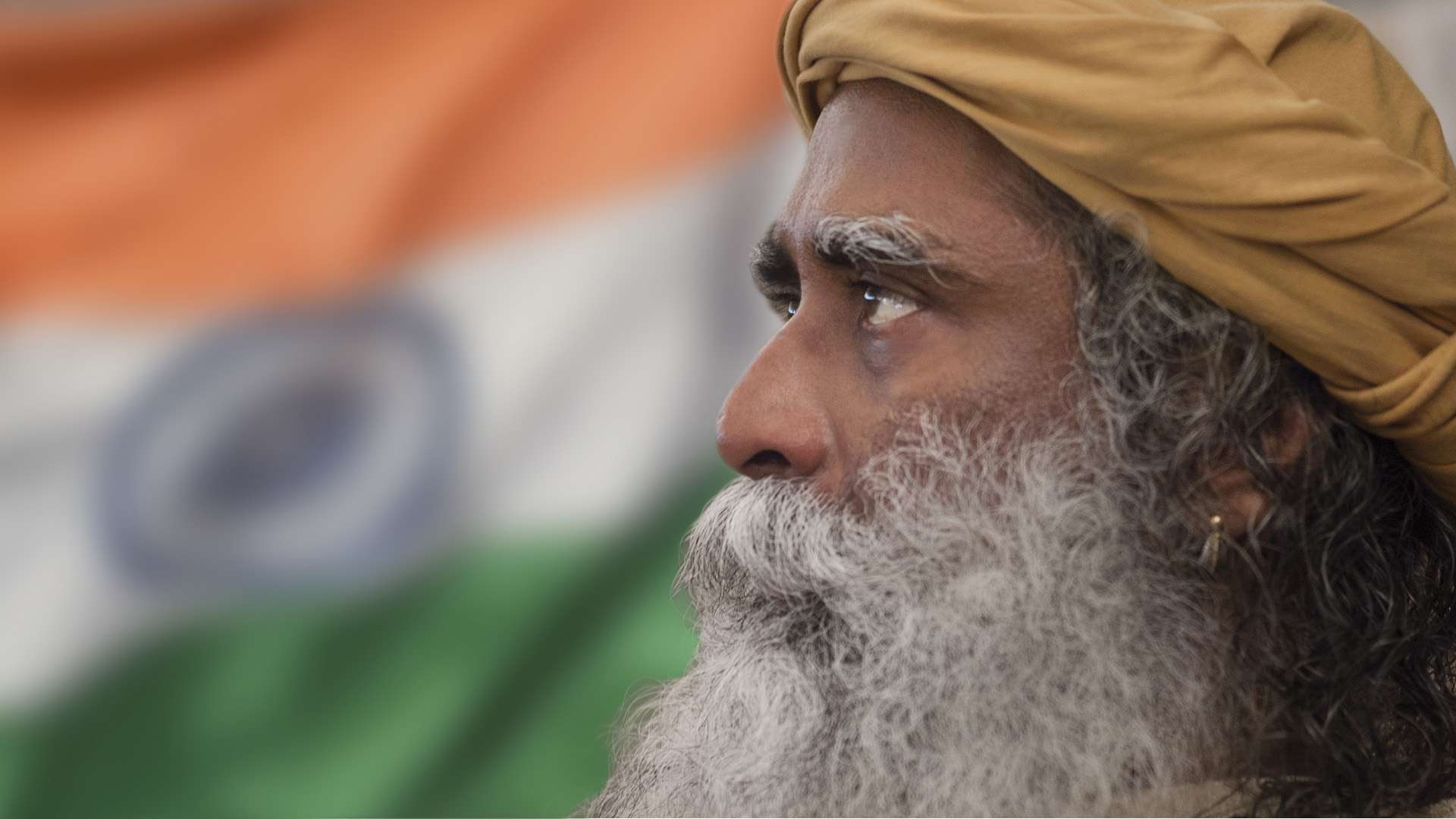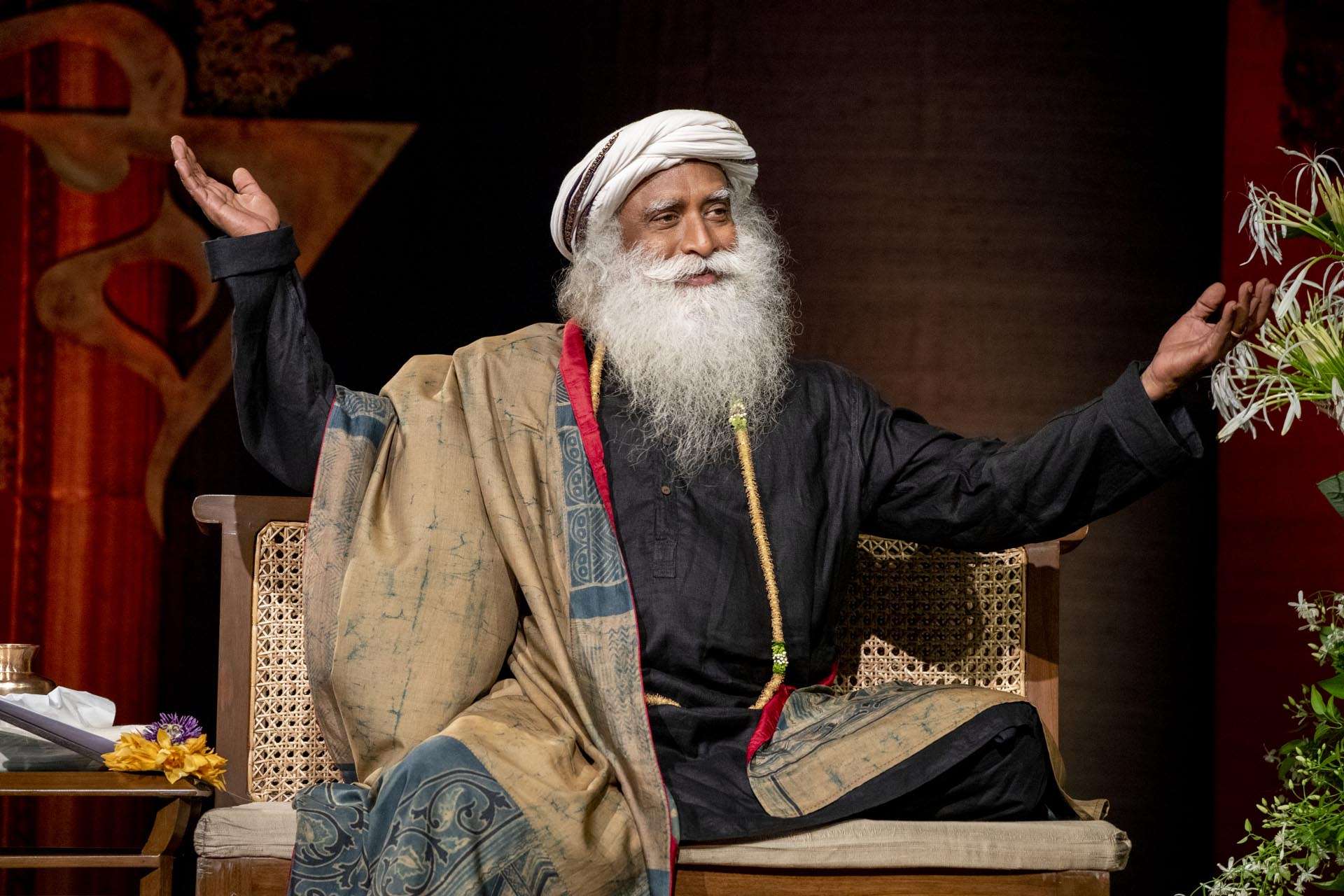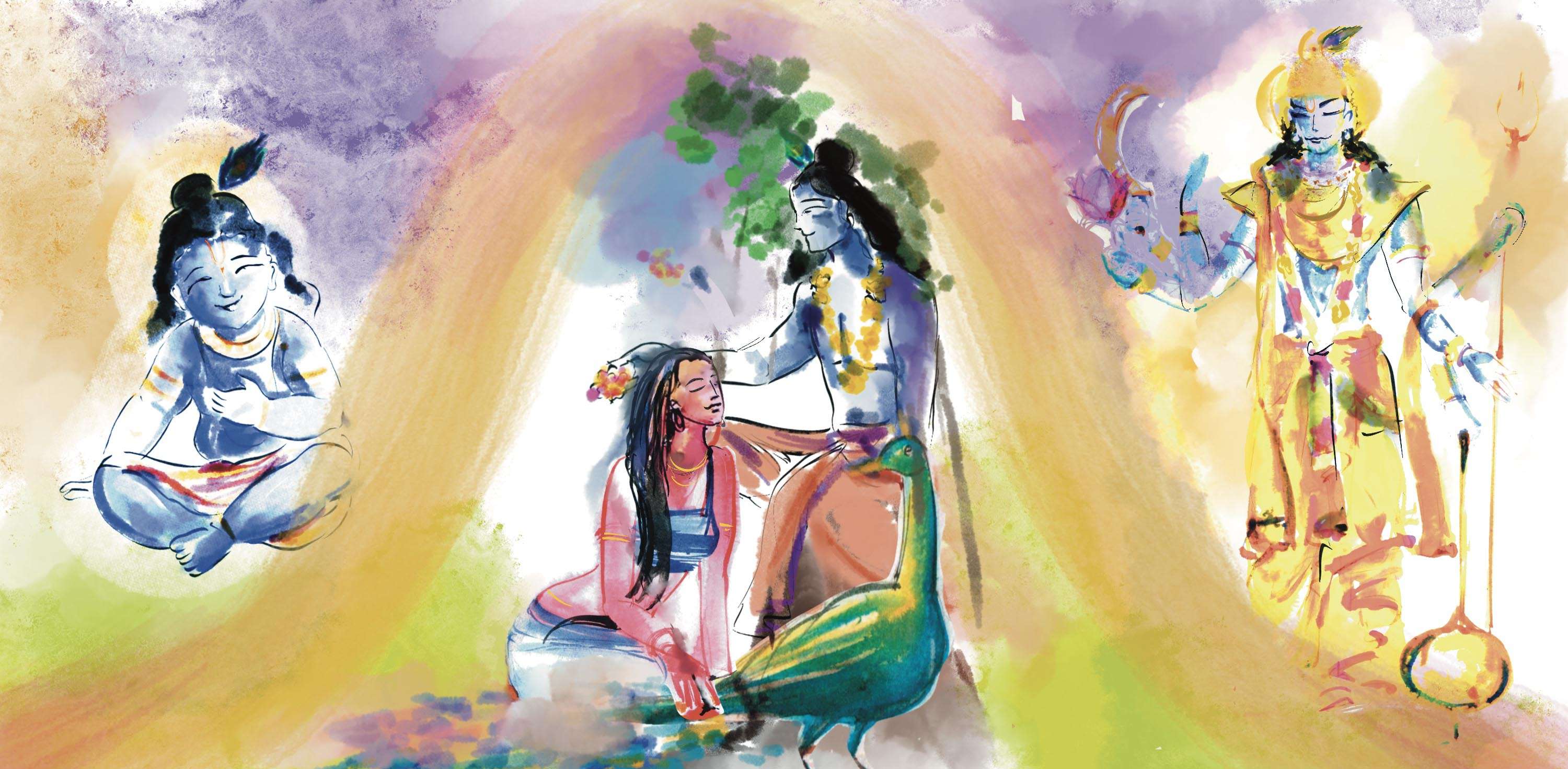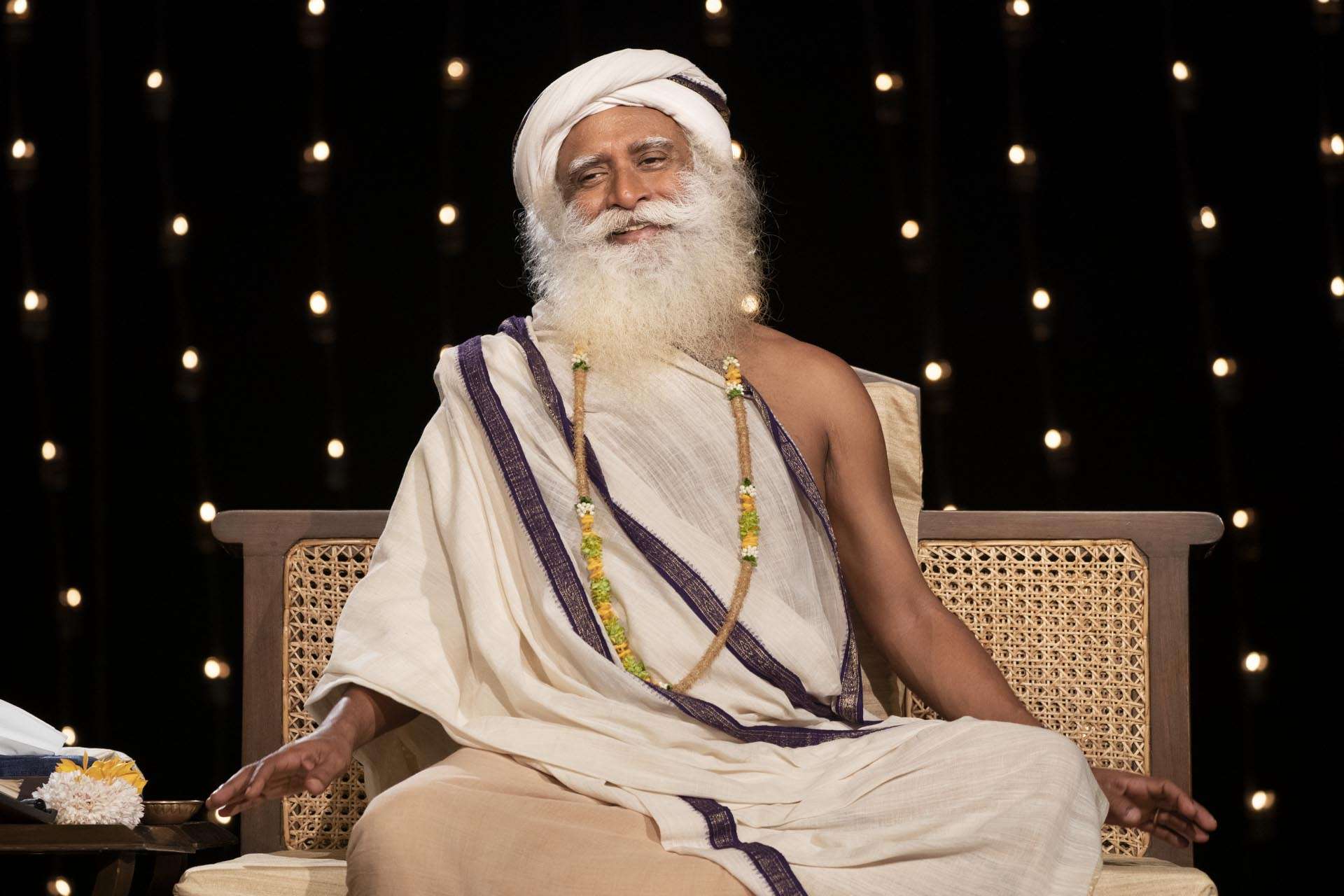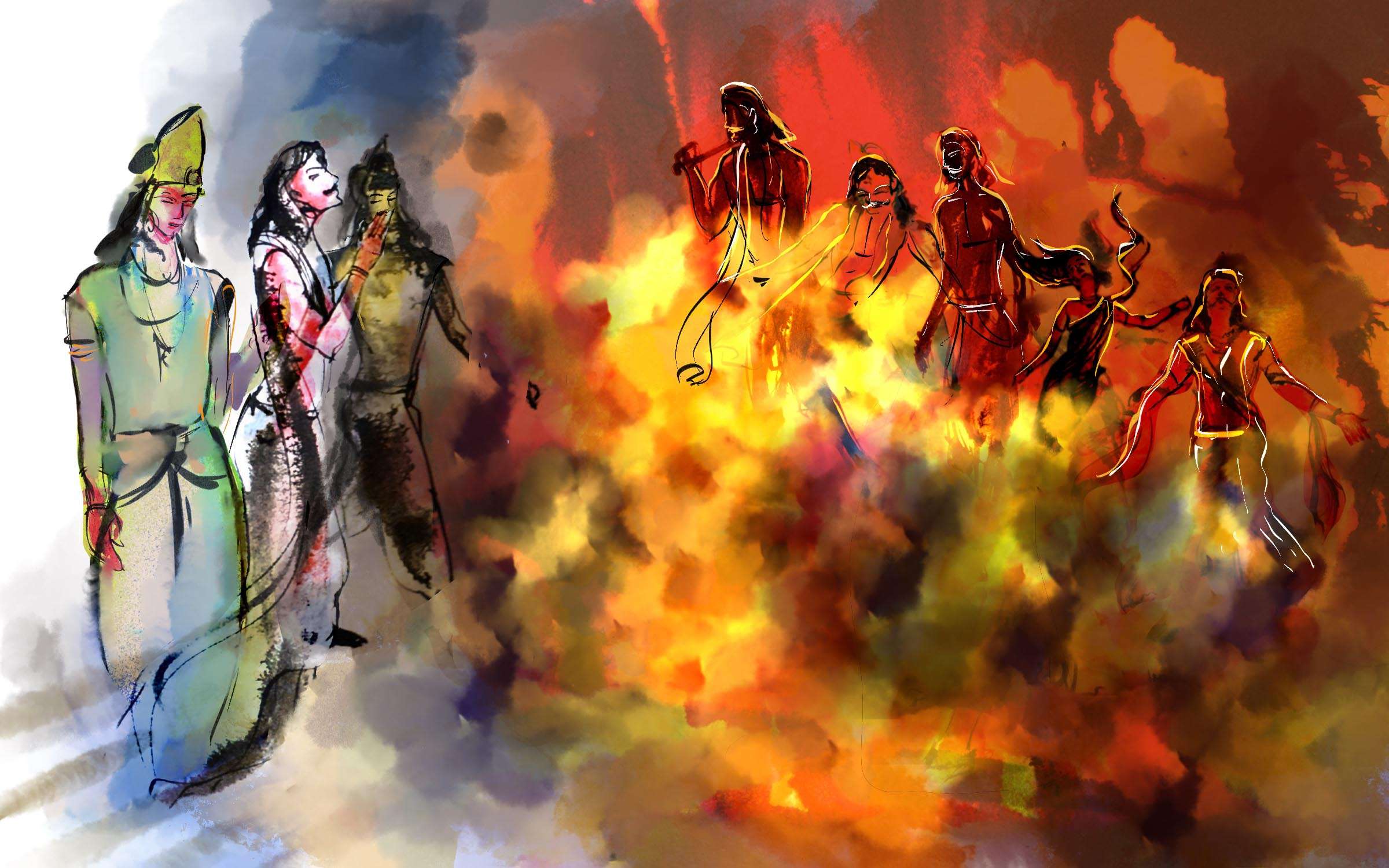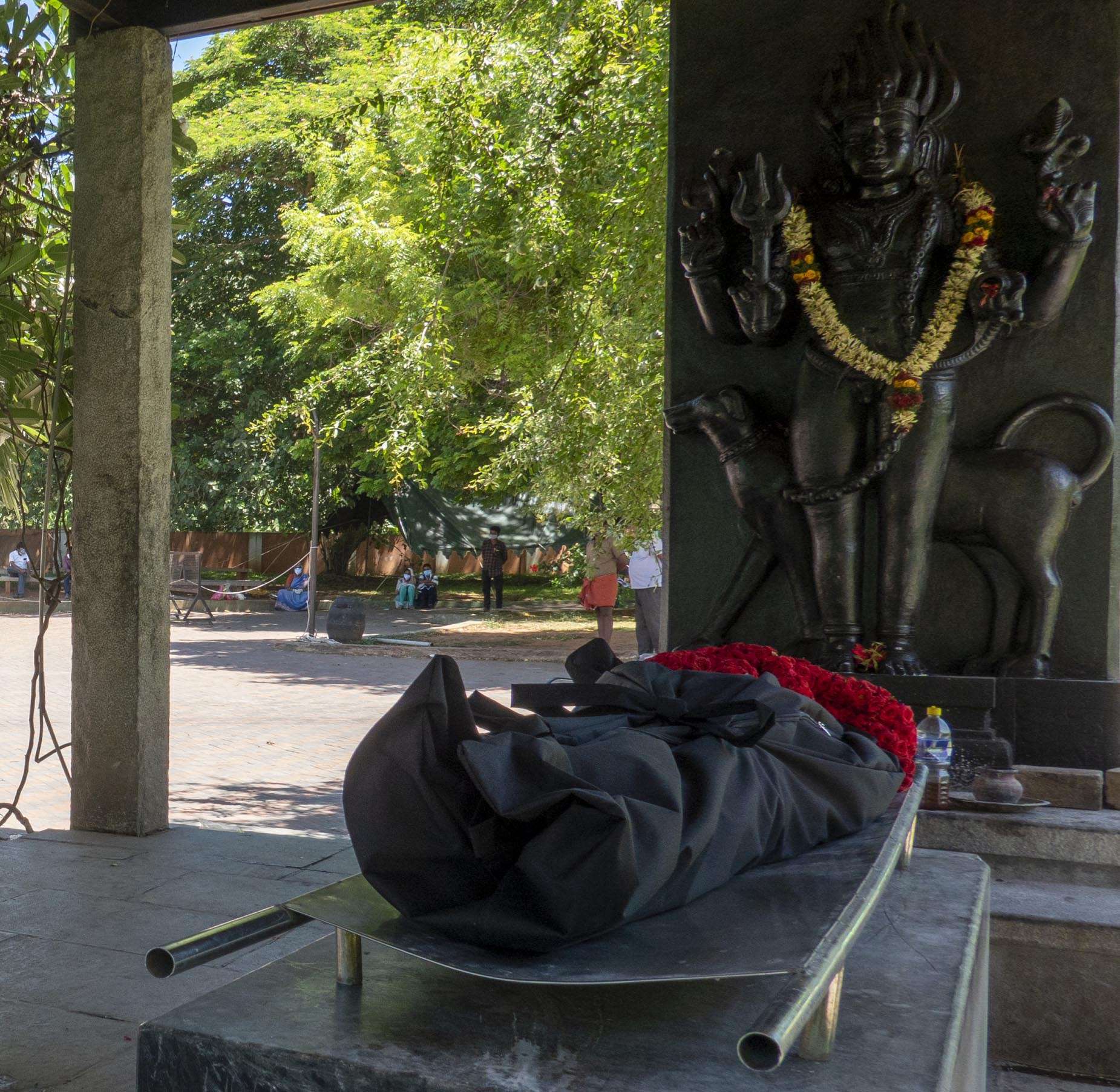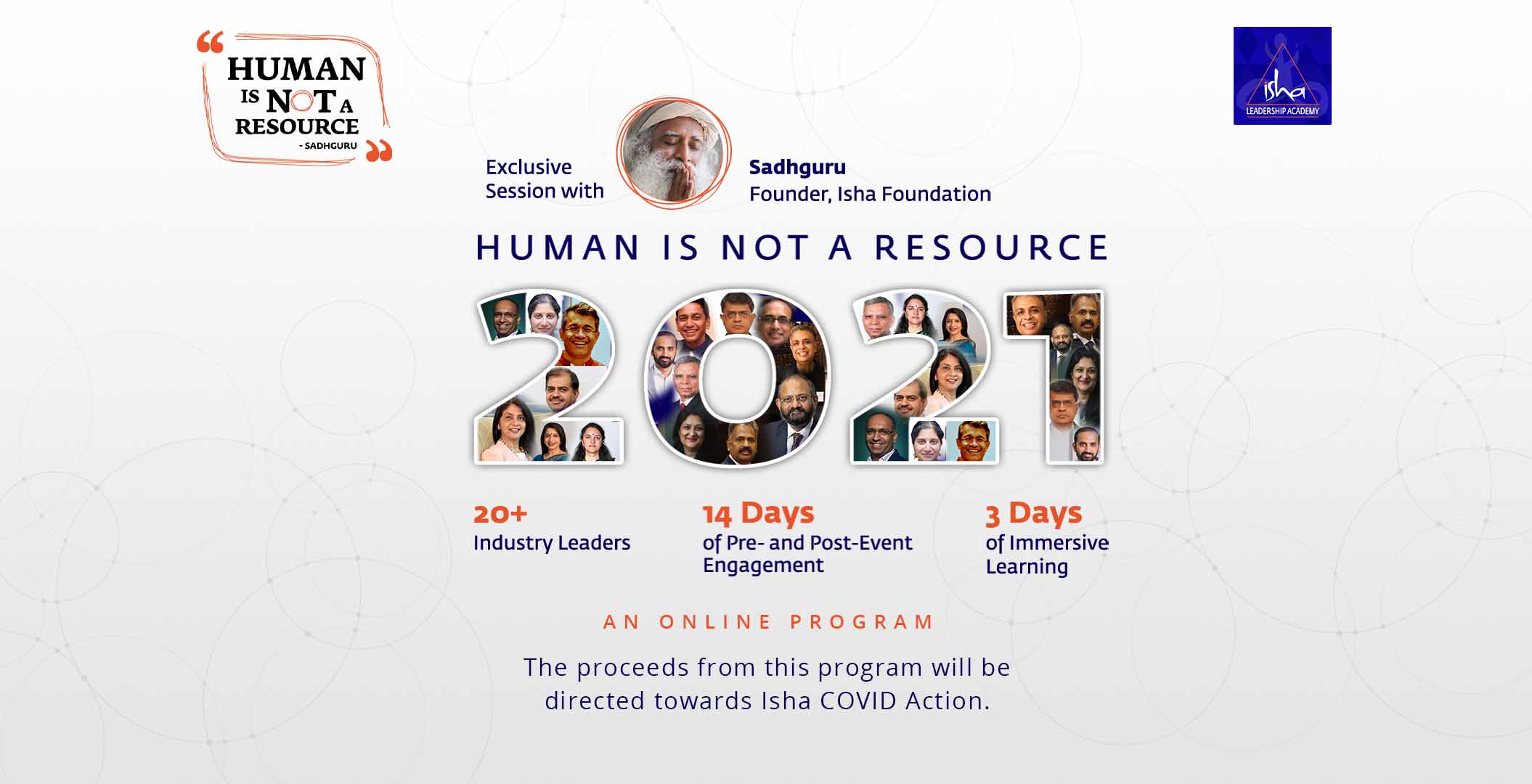Is Perfection a Myth?
Sadhguru: A little while ago, a celebrity in India asked me, “Sadhguru, are you a perfect Master?” I said, “Are you a perfect seeker?” She said, “I do not think so.” Then I asked, “Are you a lousy seeker?” She said, “No, Sadhguru. I am sincere about it. I really want this.” I said, “Okay. If you are a seeker, come – let’s see what we can do. When you become perfect, I will also do some perfect things for you.”
This idea of a “perfect master” has gotten into people’s minds after reading certain spiritual books. Anyone who seeks perfection in life does not know life. If life was perfect, would it evolve? If you were perfect, would you evolve? Perfection means to unknowingly become deathlike. Death is always perfect. Have you ever seen anyone dying imperfectly? But everyone is living imperfectly. Anyone who is open to life knows that perfection is not even a possibility. Whatever you do, there is still a better way to do it.
This happened once. Shankaran Pillai married a French model, and they decided to travel back to Europe. He saw that she had packed seven large suitcases, three-deck makeup cases, and so many other things. He stuffed everything into a large SUV and drove to the airport. There, he took all this out and went to the airline counter. Then he turned around and said, “I wish I had brought the piano.” She said, “You don’t have to be sarcastic.” He said, “No, I left the tickets on the piano.”
